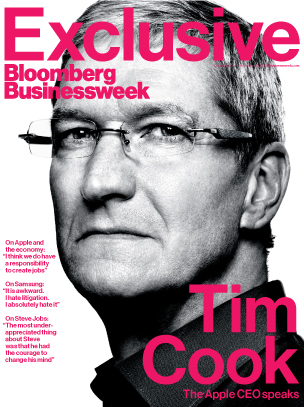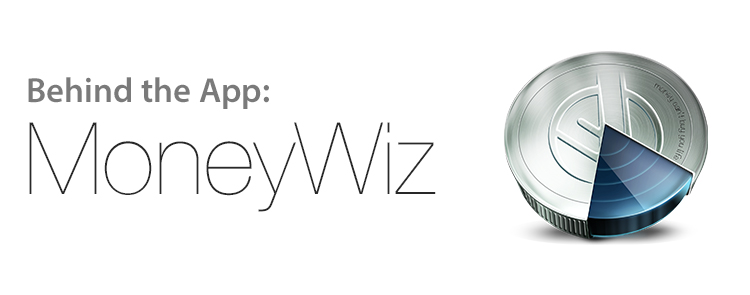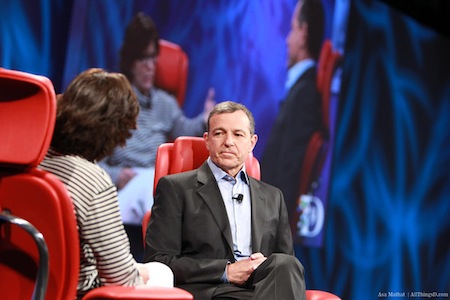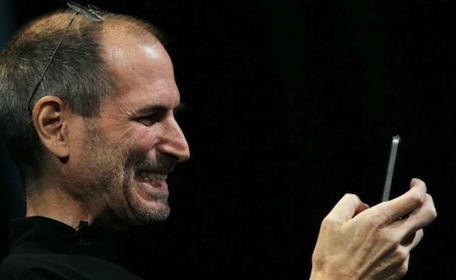Federico and I had the pleasure of interviewing four of the twelve 2021 Apple Design Award winners for AppStories. The awards, which were announced by Apple last Thursday, recognized an app and a game in each of the following categories for their outstanding designs: Inclusivity, Delight and Fun, Interaction, Social Impact, Visuals and Graphics, and Innovation.
For today’s special episode, which is the official kick-off of our Summer OS Preview Series of stories and AppStories episodes, we spoke with the following ADA winners:
- Winston Chen, the developer of Voice Dream Reader, which won an ADA in the Inclusivity category
- Esther Huybreghts, Mathijs Demaeght, and Melissa Cash from Pok Pok, the developers of Pok Pok Playroom, which won an ADA in the Delight and Fun category, and we covered when it launched
- Brian Mueller, the developer of CARROT Weather, which won an ADA in the Interaction category and has been covered often on MacStories
- Maria Sayans and David Fernandez Huerta from ustwo games, the creators of Alba: A Wildlife Adventure, which won an ADA in the Social Impact category
All four interviews are fantastic conversations that reveal common threads of thoughtful design, innovative approaches that feature the latest Apple technology, and a deep understanding of their users.
Thank you to everyone for taking the time for the interviews, Apple for helping arrange them, and as always, thank you for listening to AppStories. We hope you enjoy the episode.
Sponsored by:
Concepts: Sketch, Note, Draw









